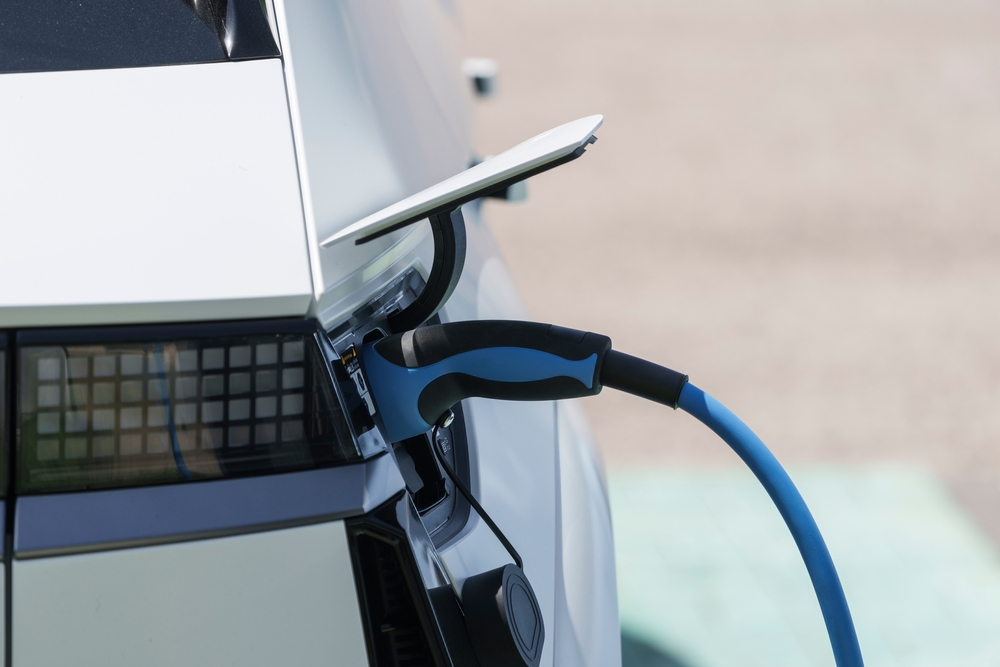A new study from Consumer Reports reveals a tough truth for electric vehicles.
Others are reading now
Electric vehicles are often praised as the future of driving—but a major new study suggests that future might come with more problems than many expected.
According to Consumer Reports, electric cars have nearly 80 percent more faults than their gasoline-powered counterparts.
Based on feedback from over 330,000 vehicle owners in the U.S., the report paints a clear picture: electric cars are still struggling with reliability.
The findings cover cars built between 2000 and 2023.
Also read
While that’s a wide range, the data focuses especially on the past year and what drivers have experienced with newer models.
The most common issues for electric cars include faulty charging systems and poor assembly, such as misaligned body panels and loose interior fittings.
Jake Fisher, head of car testing at Consumer Reports, explained it this way: “The story here is really about childhood illnesses. It’s about weeding out the errors and getting a handle on the new technology.”
Plug-In Hybrids
Plug-in hybrids, or PHEVs, performed even worse.
These cars combine traditional gasoline engines with electric motors, which adds complexity—and more things that can go wrong.
Owners of models like the BMW X5 and Ford Escape reported a wide range of issues across 20 different categories. Still, some PHEVs stood out in a good way: the Toyota RAV4 and Kia Sportage had above-average reliability.
The real stars of the report were standard hybrid vehicles, like the Toyota Prius. These models had 25 percent fewer problems than gasoline-only cars. The reason? Their technology is more mature, and automakers have had years to improve it.
Consumer Reports’ findings challenge the assumption that newer is always better. While EVs represent a big leap forward in clean energy and innovation, their reliability is still catching up.


